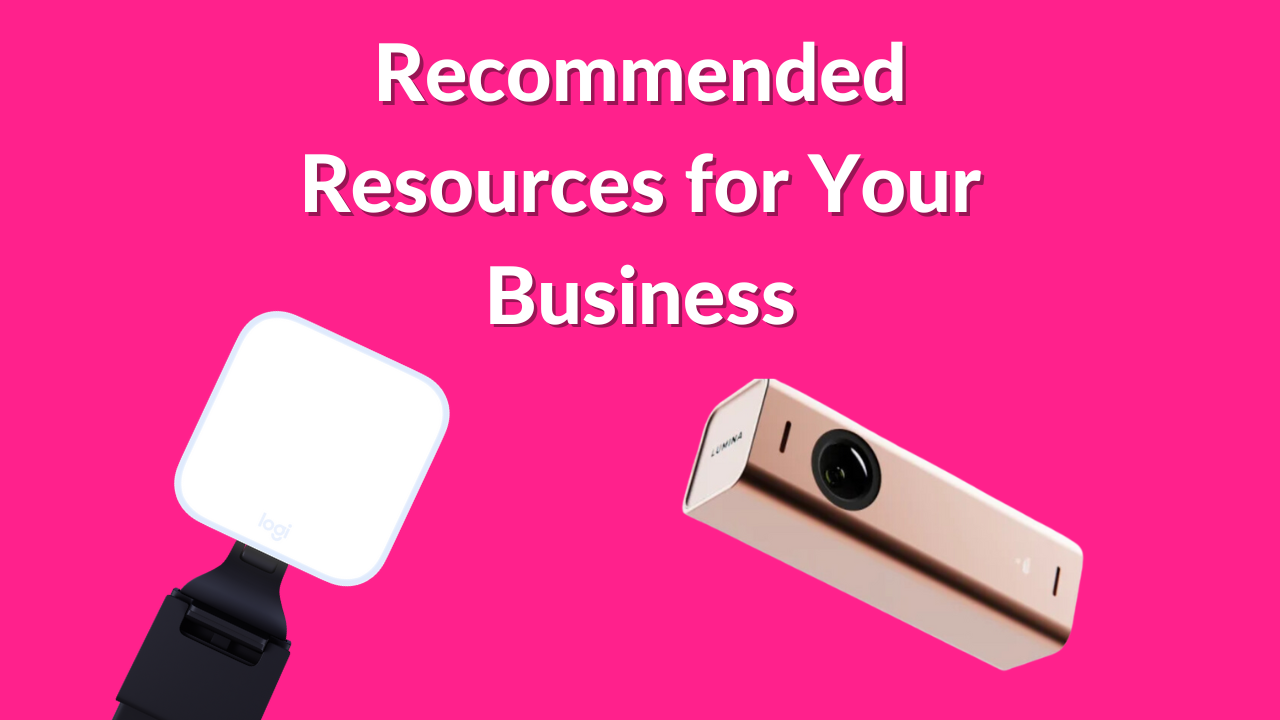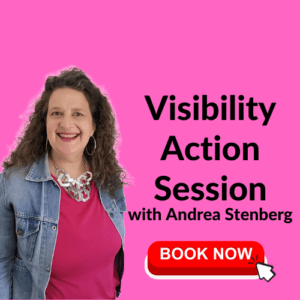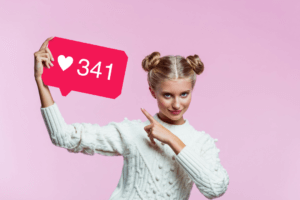Yesterday I wrote about things you might do that could get you banned from Facebook. The main reasons people seem to be getting banned is not that they are doing specific actions, but they are doing them too much.
So how much is too much?
That’s the rub. There doesn’t appear to be a permanent line in the sand. No ‘if you send X friend requests you’re okay, if you send X plus 1 you’re out’. The line appears to move.
Not only that, there doesn’t appear to be a set protocol Facebook follows to deal with offenders. Some people get warnings and others don’t.
However, it’s not all doom and gloom if you’re using Facebook for marketing. From talking to many people I have learned some rules of thumb that should keep you out of trouble with the Facebook police.
My first piece of advice is don’t do things on Facebook you wouldn’t do if you were networking in person. If you follow this one piece of advice for every social media site you use, this should keep you out of most types of trouble.
Too many friend requests
When it comes to “too many” it would appear that if you keep the number of friend requests you send out under 20, you should be okay. But remember, if you are sending a personal message with each invitation (and I hope you are) you’re going to have a hard time even hitting 20 in one session.
I suspect that what happens with a lot of people who get banned is they have some event or other promotion happening and suddenly they try to rapidly build their network and cross that invisible line.
You are much better off to be on Facebook three or four times per week and send five or ten quality invitations at a time than to try and do it all at once. As with any networking situation, it takes time to network and build relationships. One hundred friends who know, like and trust you is far better than 1000 who couldn’t pick you out of a lineup. Remember, there are no shortcuts.
Too many identical messages
Another key is personalization. If you write a standard message to send with your invitations and paste it in the message you’re going to get red flagged. That’s what a spammer would do. Go back to the in-person networking analogy. Yes, you may have a standard elevator speech, but I’m sure you don’t repeat it verbatim each time to speak to someone new. You ad lib a little, you alter your message to suit the individual or your mood.
Do the same on Facebook. Instead of pasting in the identical invitation to everyone, type in an individual message for each invitation you send. Yes it takes more time, but it will keep the Facebook police off your back. Plus, it will help you to remember that you’re trying to connect and build relationships with real live people. Put some effort into always treating everyone you meet online as an individual. Trust me, it will pay off over time.
This is also true of writing on other people’s walls. I always try to visit each new friend’s profile to learn more about them. Then I write on their wall. If you copy and paste the same message on every wall post you write, the Facebook police will get you.
But remember, Facebook is about building relationships. If you take a moment to read a new friend’s profile and write a wall post that makes a comment about them or their interests, not only will you avoid that invisible Facebook line, but you’ll be building a deeper relationship with your connections. Focus on quality, not just quantity.
Messages to Groups or Event Attendees
When you create a Facebook group, you can send messages to everyone in the group. But just because you can, doesn’t mean you should. Never mind the Facebook police, think of the members. If you send too many messages you’re going to fill up their inbox and annoy them. Only send messages that add value. And don’t do it too often or they’ll leave the group.
My sources suggest sending messages to your group no more than once a week, and only if you have something of value to say.
For events (such as a teleseminar) you have it even easier. When you create an event in Facebook, make sure people who want to attend have to register off of Facebook. Post a link to your website where they can go to sign up for your email list. Then you can send them regular emails and avoid the whole Facebook issue altogether.
When it comes to groups and events, there’s another danger area – the original invitation. You can send invitations to 100 of your personal friends at a time. What many people do is create a message, paste it in and send it to the first 100 people, then send the identical message to the next 100 and so on.
Whoo whoo whoo … I hear the Facebook police. Make sure you change the message for each 100 people who get your event or group invitation. And if you have several hundred (or thousand) friends, don’t send all your invitations in one day. Spread it out over several days or a couple of weeks.
You join too many groups
This is one case where Facebook’s rules are written. You may only join a maximum of 200 groups. Really? Why would you want to join 200 groups? Unless you are on Facebook full time, how could you possibly have any real connection with anyone in 200 groups? I recently purged my group list to the ones I actually am interested in and have the time to participate in.
Remember earlier where I said not to do anything online you wouldn’t do in person? Well, would you join 200 live networking groups? I don’t think so.
Too many promotional links
I have one friend who does some network marketing on the side. She joined some Facebook groups for network marketers and wrote posts on the walls of these groups with her link included. She wrote four (identical) posts to four groups one week. The next week she wrote four posts (identical to each other but different from the previous week) to four other groups. As she was about to add the 4th wall post in the second week she got a warning from Facebook.
Note, she wasn’t writing on individual’s wall, just on group walls. Additionally, she was only writing in groups dedicated to network marketing. And she only wrote four posts. Four!
The lesson here is to be very careful about posting links anywhere other than your own profile, group, page or event. It doesn’t take much to get you red flagged.
Join me Monday when I post some additional ways you can protect your Facebook connections.
Andrea J. Stenberg
Did I miss anything here? Is there something else you or someone you know has done that got them banned from Facebook? Please leave a comment and share what you know.






